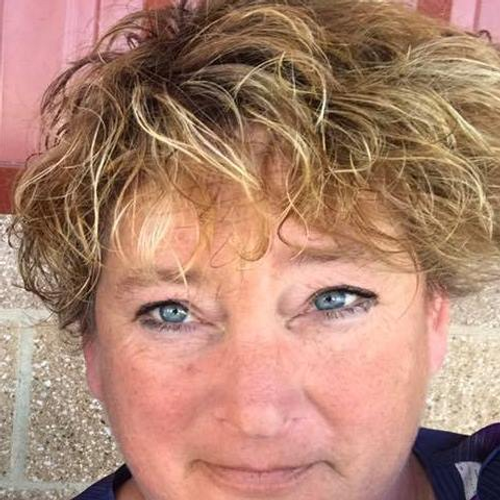Buying a purebred dog, whether for companionship, performance competition, a show dog or all of the above is exciting. It also requires patience, study and commitment.
You aren’t going down to the car dealership and picking your favorite color & haggling over the price. This is a living, breathing soul who will be with you for 12-15 years of your life. A puppy will require time, commitment, money, love, guidance, food, medical, exercise and attention. Think of your new dog as a “friend you choose” instead of an objet d’art that gets recycled when you change the decor or move.
How to Identify the Best Breed
To identify the breed that best fits your family’s current and predicted future needs, here's a few characteristics to consider:
- Job - Hunting, herding, guarding, service, therapy or companion?
- Lo/High Energy vs. Lo/High Drive?
- Temperament and Disposition - Aloof or snuggly?
- Tidiness? - Hair, Slobber, Size, Shedding, Grooming needs
- Space Available vs Space Needs?
- Time? - How much time do you have? How much time does each breed need?
- Children? Ages? Infant, Toddler, older children
- Other pets? Certain breeds are best with no members of the same sex
Dog Shows and Health Resources
Stop by a dog show and visit the different breeds that make your list, talk to folks that own and breed them to make informed decisions.
Find a breeder who is willing to talk with you, help you with questions and problems, mentor you if you choose to compete with the dog. Your breeder is your first resource.
Look at the health clearances suggested for the breed. Research at OFFA and CHIC. Ask the breeder about health guarantees. Understand that, just like people, some dogs develop health issues in even the most carefully planned families.
Consider an Adult dog - Rehome or Rescue
If a puppy isn’t right for you at this point in your life, talk to a breeder about offering a retirement home to an older show dog, retired breeding dog or a young prospect that didn’t pan out. Sometimes breeders are willing to part with these dogs in order to ensure they have a one on one home with more individual attention.
Check with breed specific rescues through the AKC Parent Clubs.
Working with a Breeder
Choose a breeder first, then expect to wait for a puppy.
Read and study the breed standard of your new dog. Know what are disqualifying faults in the show ring if you plan to pursue that goal.
Even within a litter there are differences in temperament, personality and activity level
Visit the litter — some puppies are bolder, some more reserved. But you want to see puppies that generally are happy to see people, willing to come toward you for attention, active, bright eyed, curious, clean and healthy. Puppies poopy… and tromple in it… almost guaranteed to happen right before company shows up… I’m talking about a pen or area that is bright, well lit and ventilated, warm but not stuffy, with generally clean bedding, toys, fresh water and obviously accustomed to human interaction. Baby puppies are sponges taking in all kinds of experiences from the minute they are born. There are a number of excellent early conditioning that breeders can and should do to make sure the puppy you take home has the best chance of fitting well into society.
You won’t necessarily get to “pick” your puppy — Choose a breeder that is a member of the AKC Parent or Specialty Breed Club and preferably an AKC Breeder of Merit so you trust that they can make a good match, and has knowledge of the breed. Be honest and share your goals and lifestyle with the breeder.
Understand that no breeder in their right mind will guarantee an 8-week-old puppy will turn into a best-in-show dog...or even a show champion. They can make an educated guess, but even that isn’t foolproof. And remember, most of these breeders are planning for the future of their breeding program. They’ll almost certainly plan to keep their very best for themselves or someone they have worked with extensively in the past. If you want a great dog from a great breeder, expect to start with a dog who is solid, but not exceptional and work toward the goal of getting a really good one.



